Is Venmo Safe?
Learn how safe Venmo is with our guide on security features, risks, and tips for protecting your account. Discover how to use Venmo securely.


Venmo has become one of the most popular digital wallets in the United States, offering an easy way to send money to friends, family, or even businesses. With a simple interface, instant transfers, and no transaction fees for basic services, it’s no wonder millions of users trust Venmo to manage their money.
But as with any online service, questions about security and privacy are inevitable. Is Venmo really safe to use? In this article, we’ll explore Venmo’s security features, potential risks, and provide essential tips on how to keep your account secure. We’ll also compare Venmo with other payment apps to help you decide if it’s the right choice for you.
Understanding Venmo: How It Works
Venmo is a peer-to-peer (P2P) payment app that allows users to send and receive money from anyone, instantly, through their smartphone or computer. It’s owned by PayPal, which adds credibility, given PayPal's long-standing reputation for secure transactions. Venmo connects directly to your bank account, credit card, or debit card, so you can send money with just a few taps.
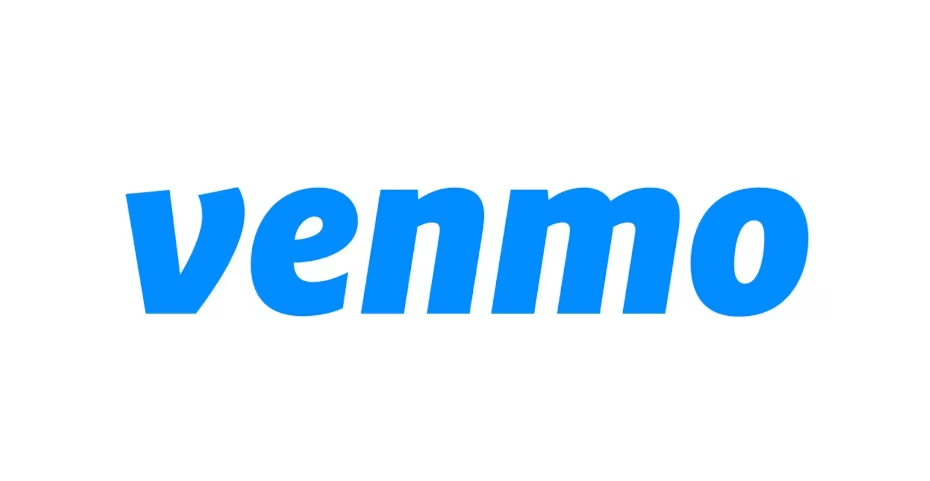
The core appeal of Venmo lies in its simplicity. Users can pay for shared expenses, buy goods or services, and send money to anyone with just an email or phone number. But the question remains: How secure is this process?
How Safe Is Venmo? A Look at Its Security Features
Venmo has gained widespread popularity due to its convenience and ease of use for sending and receiving money. However, as with any financial service, understanding the security features that protect your transactions is crucial.
In this section, we’ll dive into the security measures Venmo uses to safeguard your funds, including encryption, two-factor authentication, and fraud protection. We’ll also examine how these features compare to other payment platforms, giving you a clearer picture of how Venmo keeps your financial data safe while offering seamless peer-to-peer transfers.
1. Data Encryption and Protection
One of the most significant aspects of Venmo’s security is its encryption. Venmo uses encryption technology similar to that used by banks to protect your sensitive information. Whenever you send money or make a payment, your data is transmitted securely, ensuring that your financial details are not accessible to third parties.
Venmo’s encryption covers both stored and transmitted data, meaning your personal information and payment data are protected at all stages. This technology is designed to protect you from hackers trying to intercept your transactions.
2. Two-Factor Authentication (2FA)
In addition to encryption, Venmo offers two-factor authentication (2FA) as a vital feature for securing your account. With 2FA enabled, you will be prompted to enter a unique code sent to your phone or email whenever you log in from a new device. This extra layer of security makes it much harder for someone to access your account, even if they have your password.
To enable 2FA, go to your Venmo settings and activate the feature. This will significantly reduce the risk of unauthorized access and provide you with more peace of mind.
3. Account Protection Against Fraudulent Transactions
Venmo offers a user protection policy for transactions that involve their balance, linked bank account, or debit card. If you notice any unauthorized transactions on your account, you can report them to Venmo’s customer support. They will investigate the issue and, in many cases, refund the amount if the fraudulent activity is confirmed.
However, the protection may not be as comprehensive if you use a credit card to fund your payments. In such cases, credit card companies may have different policies for handling fraudulent transactions.
4. Buyer and Seller Protection: Limited but Important
While Venmo is designed primarily for sending money between friends and family, many people use it for business transactions or to buy goods and services. However, it’s essential to note that Venmo does not offer the same level of buyer or seller protection as platforms like PayPal.
For example, if you purchase something from an individual or business that turns out to be a scam, Venmo may not be able to assist in recovering the funds. This is why it’s recommended to use Venmo only with trusted parties and avoid using it for high-value transactions where buyer protection would be crucial.
5. Privacy Settings: Controlling What Others See
Venmo makes some transaction information public by default. This includes the amount of the transaction, the people involved, and a short description. This data is visible to anyone within the Venmo app, which could be a privacy concern for some users.
You can change these settings by going to your Venmo privacy preferences. You can choose to make your transactions private, limiting the visibility of your payments to only those involved in the transaction.
6. Instant Transfers and Their Potential Risks
Venmo’s instant transfer feature is incredibly convenient, but it’s important to understand the associated risks. If you choose to use the instant transfer option, Venmo charges a fee (typically around 1.5% of the transaction amount). This feature is useful for those who need funds quickly, but the fee can add up over time.
Furthermore, instant transfers are not reversible, meaning that once the money is transferred, you cannot undo the transaction. This makes it even more important to ensure that the recipient is trustworthy before sending money through Venmo.
Potential Risks of Using Venmo
While Venmo offers a range of security features to protect your transactions, it's important to be aware of the potential risks involved in using the platform. From fraud and scams to privacy concerns, there are certain vulnerabilities that users should watch out for.
In this section, we’ll explore the most common risks associated with Venmo, including how scammers exploit the platform, the limitations of buyer protection, and how you can stay vigilant to avoid falling victim to these dangers. Understanding these risks will help you make informed decisions about when and how to use Venmo safely.
1. Fraud and Scams
While Venmo has strong security measures in place, it is still susceptible to fraud and scams. Since Venmo is often used for peer-to-peer transactions, it’s easy for scammers to trick users into sending money for fake goods or services. One of the most common scams involves fake listings or “too good to be true” deals that lure people into sending money.
It’s also worth noting that Venmo does not offer the same buyer protection that credit cards or PayPal do. If you fall victim to a scam, you may not be able to recover your funds.
2. Phishing and Account Takeover Attacks
Another significant risk is phishing attacks. Cybercriminals may attempt to steal your Venmo login credentials by sending fake emails or text messages that appear to be from Venmo. These messages may ask you to click on a link and enter your account information. Once they have access to your account, they can send money or even steal your identity.
To avoid these attacks, make sure that you’re only entering your login credentials on the official Venmo website or app. Never click on suspicious links or share your password with anyone.
3. Public Transactions: Privacy Concerns
As mentioned earlier, Venmo makes some transaction details public by default. This means that, unless you adjust your settings, anyone in the app can see who you are sending money to, how much, and why. While this may not be a big issue for small transactions between friends, it could be concerning if you’re sending large amounts or making payments to unfamiliar businesses.
4. No Protection for Goods and Services
Venmo’s user agreement states that the service is meant for personal transactions, not purchases of goods and services. Therefore, if you make a payment to a business or an individual for a product and the transaction goes wrong, Venmo won’t provide the same protections as other payment platforms like PayPal. It’s always best to verify that you’re sending money to someone trustworthy before completing a transaction.
How to Protect Yourself While Using Venmo
Venmo’s security features provide a solid foundation for protecting your funds, but there are additional steps you can take to keep your account safe.
1. Use Strong Passwords and Enable Two-Factor Authentication (2FA)
The first line of defense for your Venmo account is a strong password. Avoid using easily guessable passwords like “123456” or “password.” A strong password should include a mix of uppercase and lowercase letters, numbers, and special characters.
Additionally, enable two-factor authentication (2FA) to add an extra layer of protection. This way, even if someone gets hold of your password, they won’t be able to log in without the second factor (usually a code sent to your phone or email).
2. Limit Transactions to Trusted Contacts
Venmo’s fraud protection works best when you’re sending money to people you know and trust. Avoid sending money to strangers or making large payments without verifying the legitimacy of the transaction. If you are buying goods or services from an unfamiliar seller, consider using a platform with buyer protection.
3. Monitor Your Account Regularly
Regularly check your Venmo account for any suspicious activity. If you notice any unfamiliar transactions, report them immediately to Venmo’s customer support team. They can help you investigate the issue and take appropriate action.
4. Stay Vigilant Against Scams
Be cautious of scam offers and deals that seem too good to be true. Always verify the identity of the person or business you’re sending money to. Avoid sending money to someone who is pressuring you or who you’ve never met in person. If something doesn’t feel right, trust your instincts and don’t proceed with the transaction.
5. Adjust Privacy Settings
Venmo gives you control over who can see your transactions. To protect your privacy, set your transactions to “Private” so that others can’t see the details of your payments. You can do this in the app settings under the “Privacy” section.
Venmo vs. Other Payment Apps: How Does It Compare?
While Venmo has become one of the most widely used peer-to-peer (P2P) payment platforms in the United States, it’s far from the only option available. Other apps like PayPal, Cash App and Zelle also offer similar services but come with distinct features, advantages, and security measures. Let’s take a closer look at how Venmo compares to these popular alternatives.
1. PayPal: A Stronger Choice for Business Transactions

PayPal is one of the oldest and most trusted payment services. It’s widely known for its robust buyer and seller protection policies, making it an excellent option for e-commerce transactions or any dealings where you need added security. Unlike Venmo, which is primarily geared toward personal transactions, PayPal offers more comprehensive protections for both buyers and sellers.
This includes dispute resolution and reimbursement for eligible transactions in case something goes wrong with a purchase. If you’re buying or selling goods online, PayPal might be the more secure choice, especially if the seller or buyer is unknown to you.
2. Cash App: Adding Investment Features to Peer-to-Peer Payments
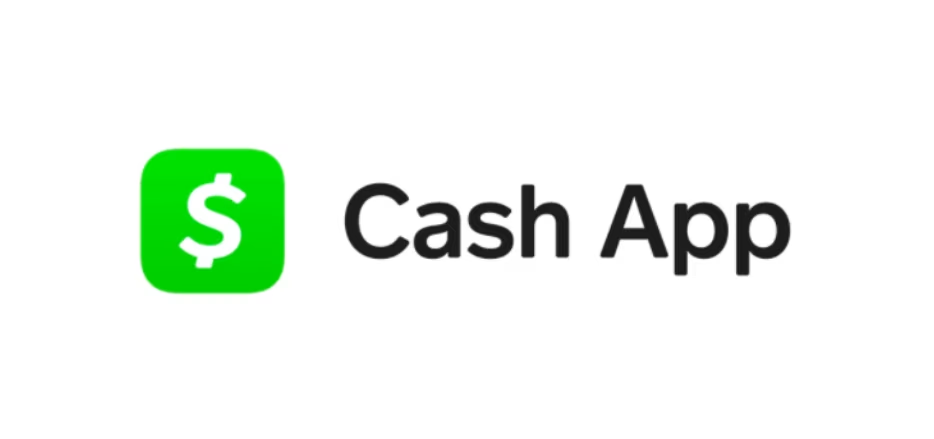
Cash App is another competitor in the P2P payment space, offering similar features to Venmo, such as sending and receiving money, as well as the ability to request payments. However, Cash App stands out by allowing users to invest in stocks and buy Bitcoin directly through the app, making it a more versatile option for those interested in adding an investment component to their financial activities.
Additionally, Cash App provides a physical debit card known as the Cash Card, which can be used for everyday purchases, allowing users to spend their balance just like a traditional debit account. This added functionality gives Cash App an edge for users who want more than just money transfer capabilities.
3. Zelle: Fast and Fee-Free Transfers, But Limited Protection
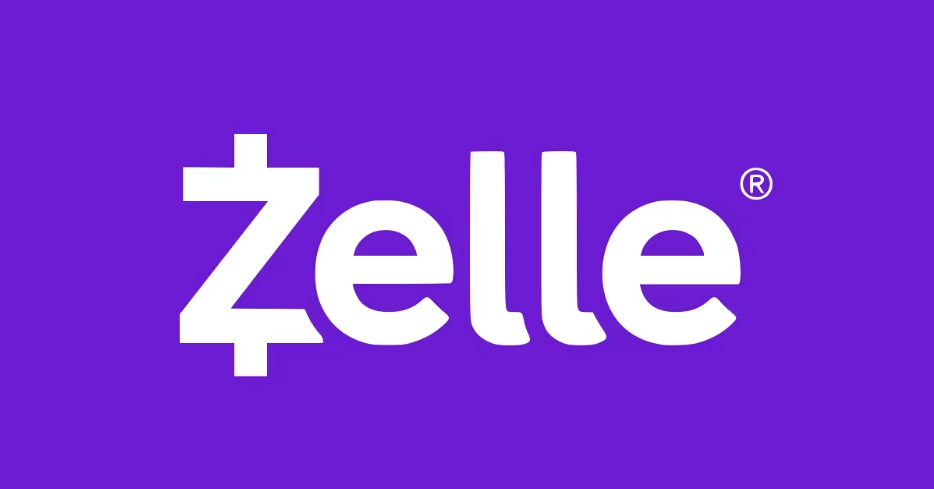
Zelle is another well-known payment app, primarily backed by major U.S. banks. The big selling point of Zelle is its speed—money transfers are typically completed within minutes, even between different banks, making it a great choice for users needing to send funds quickly. Zelle doesn’t charge any fees for transactions, unlike Venmo and other platforms that may charge for instant transfers or credit card payments.
However, Zelle’s lack of buyer and seller protection makes it more suited to transactions between people who know each other well. If you’re using Zelle to purchase goods or services from someone you don’t know, you won’t have much recourse if something goes wrong, much like Venmo.
Which One Should You Choose?
Choosing the right payment app or platform depends on your needs. If you’re looking for quick, easy money transfers between friends or family, Venmo is a great choice. However, for those who need stronger buyer protection, business transaction capabilities, or investment options, platforms like PayPal or Cash App may offer better solutions.
- PayPal is ideal for secure business transactions and e-commerce.
- Cash App provides the added benefit of investing and a debit card for everyday use.
- Zelle is perfect for quick, fee-free transfers but lacks buyer protection.
By understanding the strengths and limitations of each platform, you can make an informed decision that best suits your financial needs, whether for personal payments or business transactions.
Conclusion: Is Venmo Safe to Use?
Venmo is generally safe to use, but like any online service, it’s essential to be aware of the potential risks. By taking steps to protect your account—such as enabling two-factor authentication, using strong passwords, and sending money only to trusted contacts—you can significantly reduce the likelihood of fraud.
While Venmo provides solid security features, it’s best used for personal transactions. If you're conducting business or buying goods online, consider using a service that offers stronger buyer protection, like PayPal. Always stay vigilant against scams, and don’t hesitate to report any suspicious activity to Venmo's support team.
FAQs about Is Venmo Safe
What is the risk of using Venmo?
The primary risks of using Venmo include potential scams, fraud, and lack of buyer protection when transacting with unknown parties. Venmo’s public transaction settings also raise privacy concerns, and users may be vulnerable to phishing attacks.
Which is safer, PayPal or Venmo?
PayPal is generally considered safer than Venmo, especially for business transactions, as it offers more robust buyer and seller protections. Venmo, while secure for personal transactions, lacks comprehensive protection for purchases of goods or services.
What are the negatives about Venmo?
The key negatives of Venmo include limited buyer protection, potential for scams, and the public nature of transactions by default. Also, instant transfer fees and the inability to reverse payments make it riskier for larger transactions or unfamiliar recipients.
Will Venmo refund me if I get scammed?
Venmo typically does not refund users for scams, especially if the transaction was made to someone outside of your trusted contacts. However, they do investigate unauthorized transactions if reported promptly, but protection is limited for purchases of goods and services.
Launch your dropshipping business now!
Start free trialRelated blogs
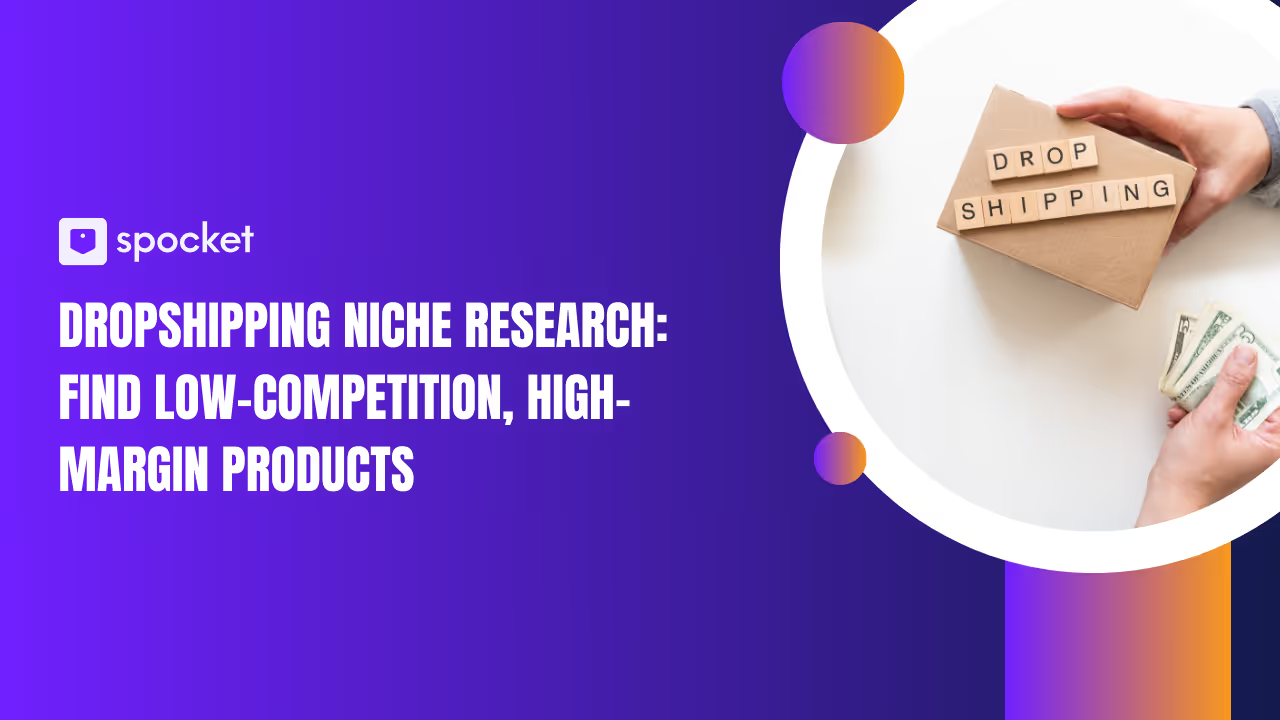
Dropshipping Niche Research: Finding Low-Competition, High-Margin Products
Use dropshipping niche research to uncover low competition, high margin products. Cut guesswork and build a reliable brand from day one.
.avif)
Customer Journey Maps: How to Get Started for Beginners (2026 Guide)
Learn what a customer journey map is and what phases it entails. Our guide for beginners helps businesses improve user experiences.
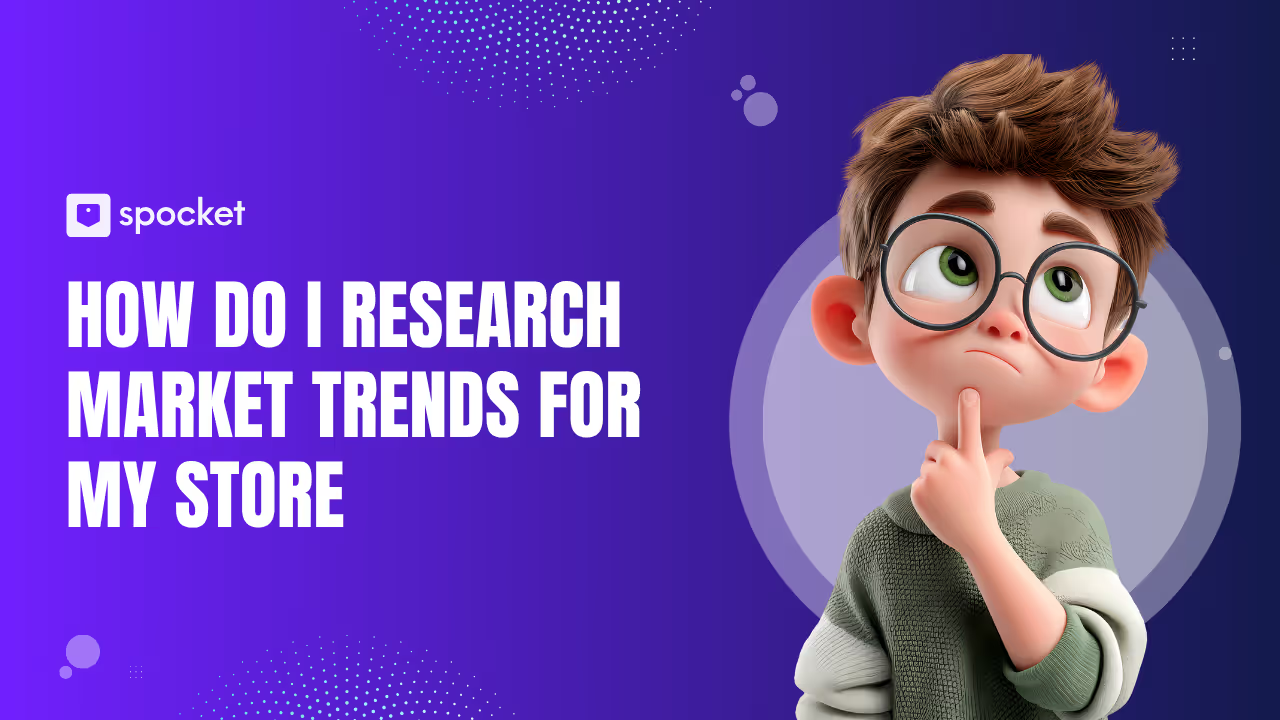
How Do I Research Market Trends for My Store?
Learn how to research market trends for your dropshipping store using powerful trend tools, data insights, and Spocket strategies to stay ahead of the competition.


































